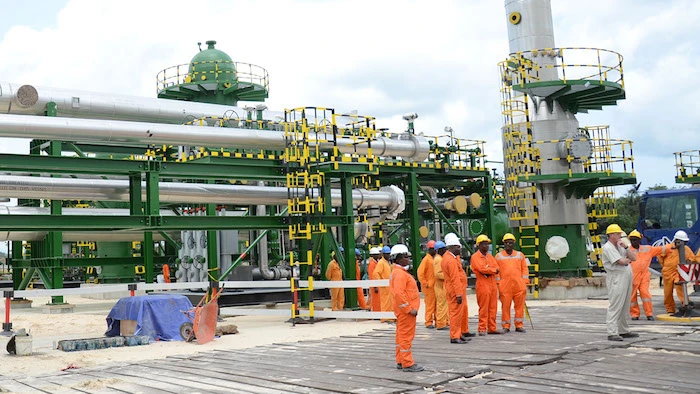
The oil and gas industry, while central to economic growth, has significant environmental implications. From oil spills to gas flaring and land degradation, the environmental footprint of petroleum operations is a major concern globally, especially in Nigeria and other resource rich countries.
In this context, legal practitioners play a vital role in ensuring oil firms comply with environmental regulations, operate sustainably, and avoid costly liabilities. Their expertise sits at the intersection of law, policy, business operations, and environmental protection.
This article explores the key responsibilities and importance of legal practitioners in environmental compliance for oil firms.
1. Interpreting Environmental Laws and Regulations
Environmental legislation is vast and technical. Legal practitioners help oil companies:
- Understand national laws like the Environmental Impact Assessment (EIA) Act, Petroleum Industry Act (PIA), and NESREA Act.
- Interpret international frameworks such as the Paris Agreement, Basel Convention, and ESG standards.
Navigate sector-specific guidelines from bodies like the Department of Petroleum Resources (DPR) or Nigerian Upstream Petroleum Regulatory Commission (NUPRC).
They ensure oil firms are aware of what is expected of them from exploration to decommissioning.

2. Guiding Regulatory Compliance
Non-compliance with environmental standards can result in fines, shutdowns, reputational damage, and even jail time for executives.
Legal practitioners:
- Conduct compliance audits and legal risk assessments.
- Advise on obtaining environmental permits and licenses.
- Draft compliance policies in line with environmental best practices.
Monitor and ensure that all reporting obligations (like Environmental Impact Assessments or pollution disclosures) are met.
3. Advising on Environmental Impact Assessments (EIA)
Before starting any major oil project, companies must conduct an EIA to evaluate the project’s impact on the environment and communities.
Lawyers assist by:
- Ensuring the EIA process follows legal procedures.
- Reviewing the report to confirm it meets regulatory and public interest requirements.
Helping firms manage public consultations and stakeholder engagement transparently.
4. Managing Litigation and Environmental Disputes
Oil operations often attract lawsuits from host communities, environmental activists, or regulators.
Legal practitioners:
- Represent oil firms in environmental litigation, arbitration, or negotiation.
- Defend against pollution claims, land disputes, or compensation suits.
- Facilitate out-of-court settlements to reduce public backlash or operational delays.
They ensure companies respond appropriately and lawfully in times of legal crisis.
5. Drafting and Reviewing Contracts with Environmental Clauses
Environmental risks are embedded in contracts with contractors, logistics companies, and service providers.
Legal professionals ensure:
- Contracts contain robust indemnity, liability, and remediation clauses.
- Provisions align with environmental standards and protect the firm from third-party negligence.
Suppliers and partners are contractually bound to comply with environmental obligations.
6. Facilitating Environmental Governance and Sustainability Policy
Environmental compliance is not only about avoiding punishment—it is also about improving sustainability performance.
Legal practitioners:
- Advise on corporate sustainability reporting.
- Help design Environmental, Social, and Governance (ESG) policies.
Participate in building internal governance frameworks for environmental performance and ethics.

7. Engaging with Regulators and Government Agencies
Lawyers act as a bridge between the oil company and regulatory bodies. They:
- Represent the company in regulatory hearings.
- Respond to queries or investigations from agencies like NESREA, NOSDRA, or NUPRC.
Participate in legislative reform processes that affect the oil and gas sector.
Conclusion
Environmental compliance is no longer optional—it is a strategic and legal necessity for oil firms. The role of legal practitioners in this landscape cannot be overstated.
They interpret the law, mitigate risk, advocate for sustainable practices, and defend against liabilities, ensuring oil firms operate responsibly while maintaining their license to operate.
In a time of global environmental consciousness, forward-thinking oil firms must place legal experts at the core of their environmental strategy.
